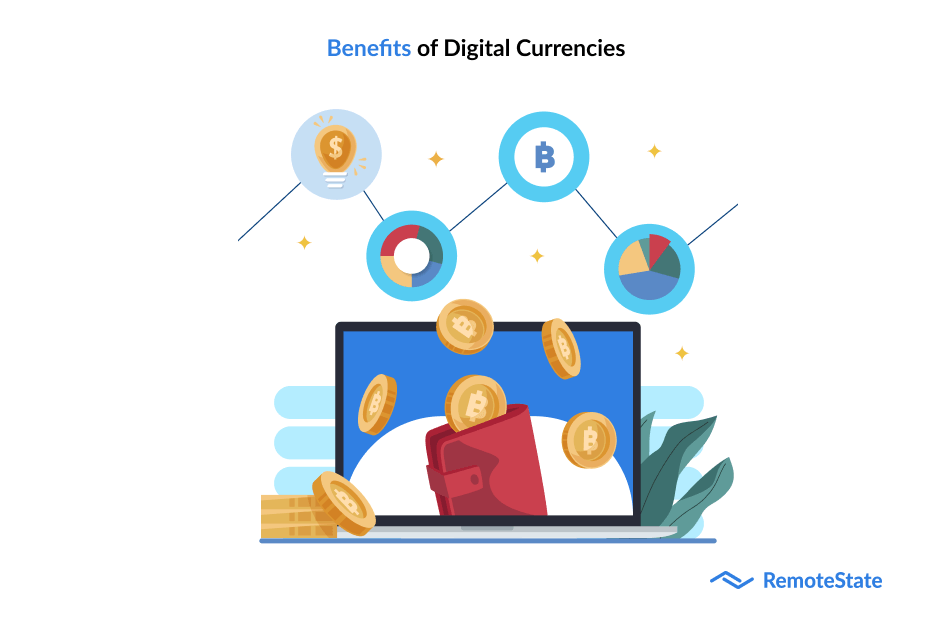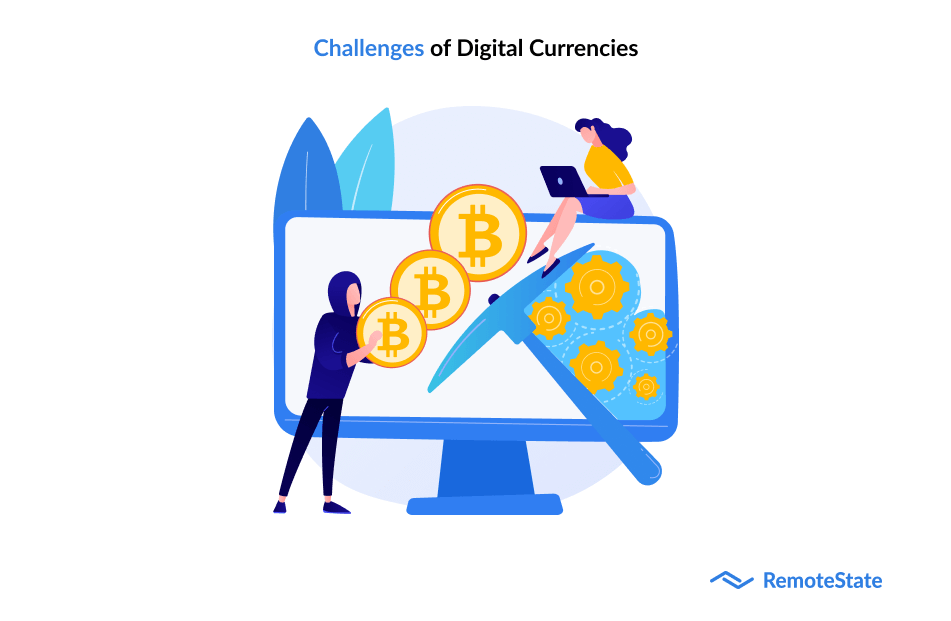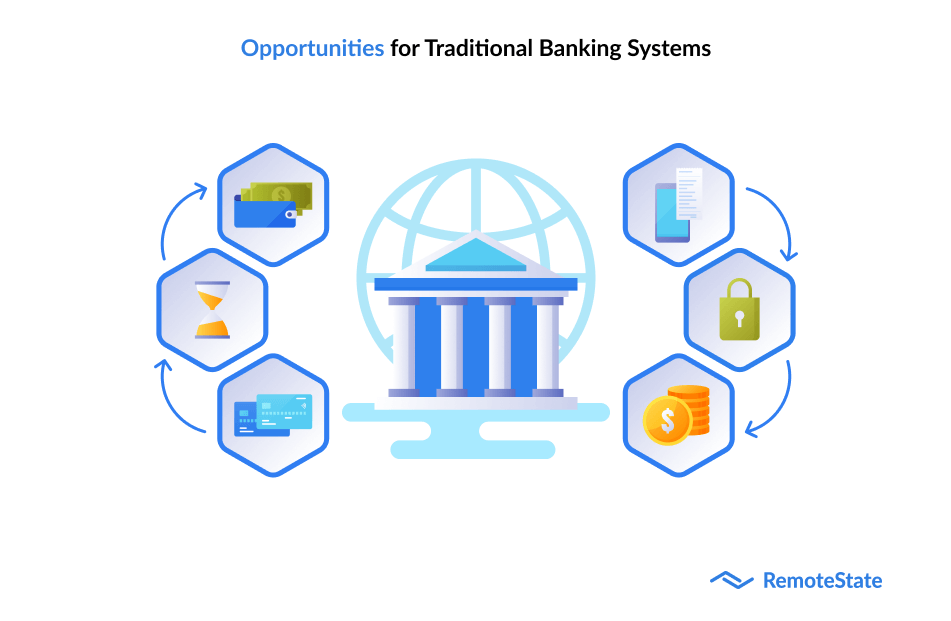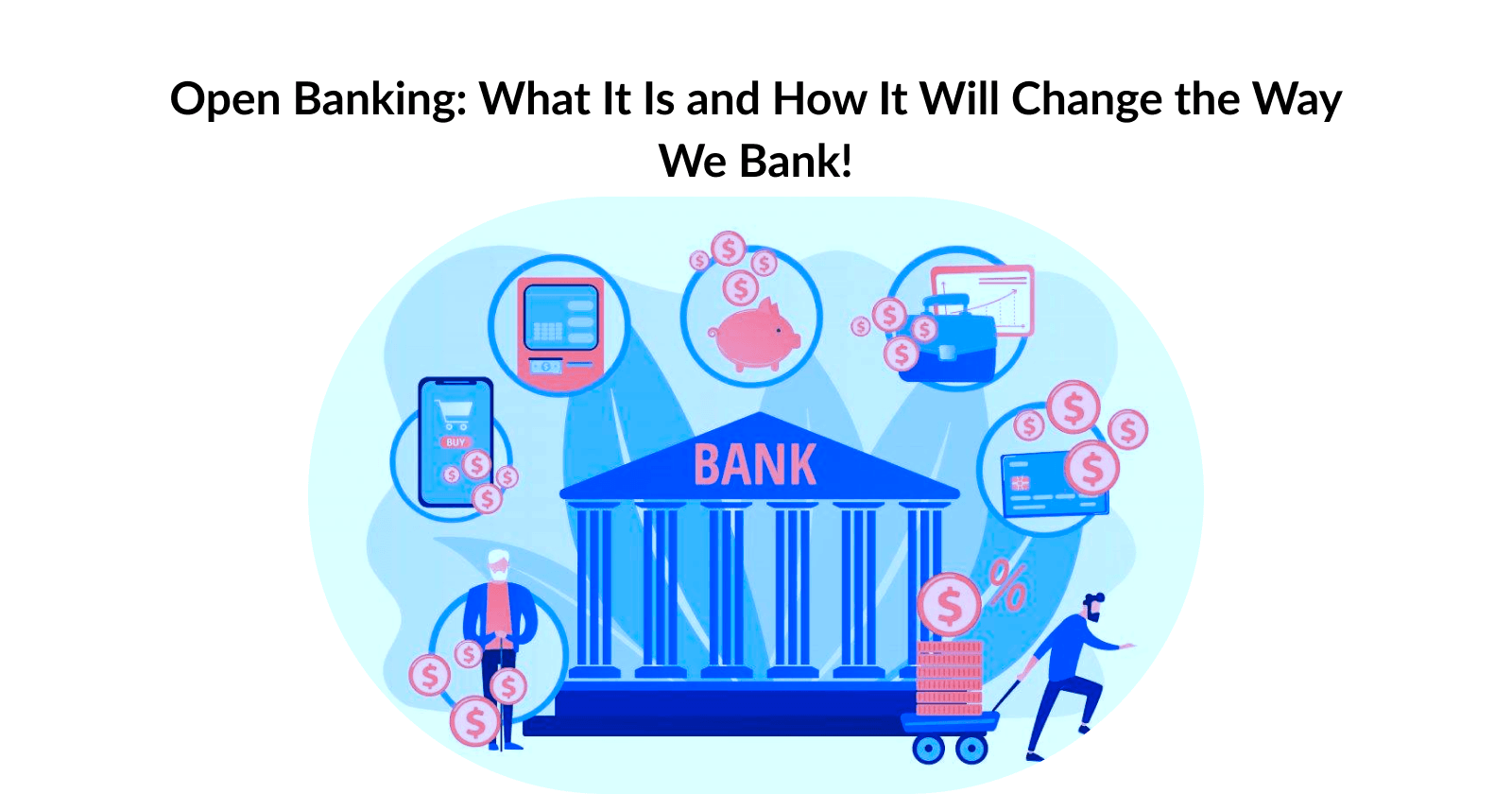Introduction
The world is rapidly shifting towards digital currencies, and traditional banking systems are struggling to keep up with the pace of change. Digital currencies like Bitcoin, Ethereum, and Ripple are gaining popularity as an alternative to traditional banking systems. These currencies are decentralized, meaning they are not controlled by any government or financial institution.
The world is rapidly shifting towards digital currencies, and traditional banking systems are struggling to keep up with the pace of change. Digital currencies like Bitcoin, Ethereum, and Ripple are gaining popularity as an alternative to traditional banking systems. These currencies are decentralized, meaning they are not controlled by any government or financial institution.
The rise of digital currencies is driven by their ability to provide greater security, transparency, and convenience compared to traditional banking systems. Digital currencies are also more accessible to people who do not have access to traditional banking services. However, adopting digital currencies also presents significant challenges to traditional banking systems.
In this blog, we will explore the future of digital currencies and the impact they will have on traditional banking systems.
Benefits of Digital Currencies

Greater Security
One of the most significant benefits of digital currencies is greater security. Digital currencies use encryption technology to secure transactions and prevent fraud. Transactions are recorded on a public ledger called the blockchain, which makes it nearly impossible to alter or hack. This technology eliminates the need for intermediaries like banks and financial institutions, reducing the risk of fraud and theft.
Transparency
Digital currencies provide greater transparency compared to traditional banking systems. Transactions are recorded on a public ledger, meaning anyone can see the transaction details. This eliminates the need for intermediaries like banks, which can sometimes manipulate transactions for their benefit.
Convenience
Digital currencies are more convenient compared to traditional banking systems. They allow for instant and borderless transactions, eliminating the need for intermediaries like banks. Digital currencies can be used to make transactions from anywhere in the world, and the transaction fees are much lower than traditional banking systems.
Accessible to All
Digital currencies are more accessible to people who do not have access to traditional banking services. They do not require a bank account, and anyone with a smartphone and an internet connection can use them. This makes digital currencies an attractive option for people who live in countries with unstable financial systems or do not have access to traditional banking services.
Challenges of Digital Currencies

Lack of Regulation
Digital currencies are not regulated by any government or financial institution. This makes them susceptible to fraud, money laundering, and other illegal activities. The lack of regulation also makes it difficult for traditional banking systems to accept digital currencies as a legitimate form of payment.
Volatility
Digital currencies are highly volatile, which means their value can fluctuate rapidly. This makes them a risky investment, and traditional banking systems are hesitant to accept them as a legitimate form of payment.
Limited Acceptance
Digital currencies are not widely accepted as a form of payment. Many businesses do not accept digital currencies, which limits their usefulness. The limited acceptance of digital currencies also makes it difficult for traditional banking systems to adopt them as a legitimate form of payment.
Technical Complexity
Digital currencies are complex and require technical knowledge to use them effectively. This complexity can be a barrier to entry for people who are not familiar with technology or do not have access to the Internet.
Opportunities for Traditional Banking Systems

Cost Savings
Digital currencies can help traditional banking systems reduce their operational costs. They eliminate the need for intermediaries like banks, reducing the fees associated with transactions. This can help traditional banking systems offer their services at a lower cost, making them more competitive.
Increased Efficiency
Digital currencies can also increase the efficiency of traditional banking systems. They allow for instant and borderless transactions, eliminating the need for intermediaries like banks. This can reduce the time it takes to complete transactions, improving the customer experience.
Innovation
The adoption of digital currencies can also drive innovation in traditional banking systems. It can encourage banks to develop new products and services that are more efficient and cost-effective.
Conclusion
The rise of digital currencies is inevitable, and they will undoubtedly have a significant impact on traditional banking systems. The benefits of digital currencies, such as greater security, transparency, and convenience, make them an attractive alternative to traditional banking systems. However, the challenges, such as the lack of regulation, volatility, limited acceptance, and technical complexity, must be addressed to ensure their widespread adoption.
Traditional banking systems must embrace digital currencies and explore their opportunities, such as cost savings, increased efficiency, and innovation. By adopting digital currencies, traditional banking systems can stay competitive in an ever-changing landscape and provide better services to their customers.
In conclusion, the future of digital currencies is bright, and they will undoubtedly play a significant role in the global financial system. As traditional banking systems continue to evolve, they must embrace digital currencies and explore the opportunities they offer to stay competitive in the digital age.
Embracing the Future of Digital Currencies: How Remotestate Can Help Traditional Banks Stay Ahead of the Game!
Remotestate can play a crucial role in the future of digital currencies and their impact on traditional banking systems.
With expertise in software development, Remotestate can help develop and integrate digital currency solutions for traditional banking systems. They can help traditional banks adopt digital currencies and ensure that they meet regulatory compliance standards.
Remotestate can also help traditional banks explore opportunities for innovation and efficiency through the use of digital currencies. By developing custom digital currency platforms, Remotestate can help traditional banks offer better services to their customers, leading to increased customer loyalty and retention.
Furthermore, Remotestate can provide consulting services to traditional banks on the benefits and challenges of digital currencies. They can help traditional banks understand the technical complexities of digital currencies and develop strategies for adopting them.
Overall, Remotestate can help traditional banking systems navigate the digital currency landscape and stay competitive in an ever-changing financial landscape. With their expertise in software development and digital currencies, they can provide custom solutions to meet the specific needs of traditional banks.
FAQs
What is digital currency?
A digital currency is a virtual currency that uses encryption technology to secure transactions and is not controlled by any government or financial institution.
What are the benefits of digital currencies?
Digital currencies offer greater security, transparency, convenience, and accessibility to people who do not have access to traditional banking services.
What are the challenges of digital currencies?
The challenges of digital currencies include the lack of regulation, volatility, limited acceptance, and technical complexity.
What opportunities do digital currencies offer to traditional banking systems?
Digital currencies offer cost savings, increased efficiency, and innovation opportunities to traditional banking systems.
Will digital currencies replace traditional banking systems?
It is unlikely that digital currencies will replace traditional banking systems entirely. However, they will undoubtedly have a significant impact on traditional banking systems, and banks must embrace digital currencies to stay competitive.
Publication Date
2023-04-18
Category
Fintech
Author Name
Sajal Nehra


